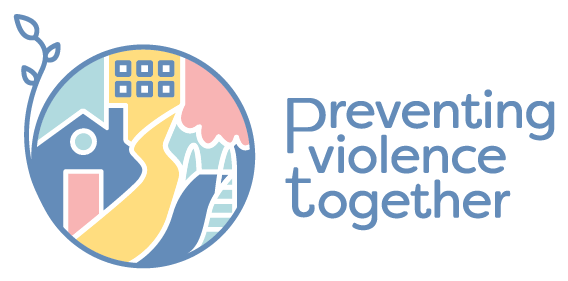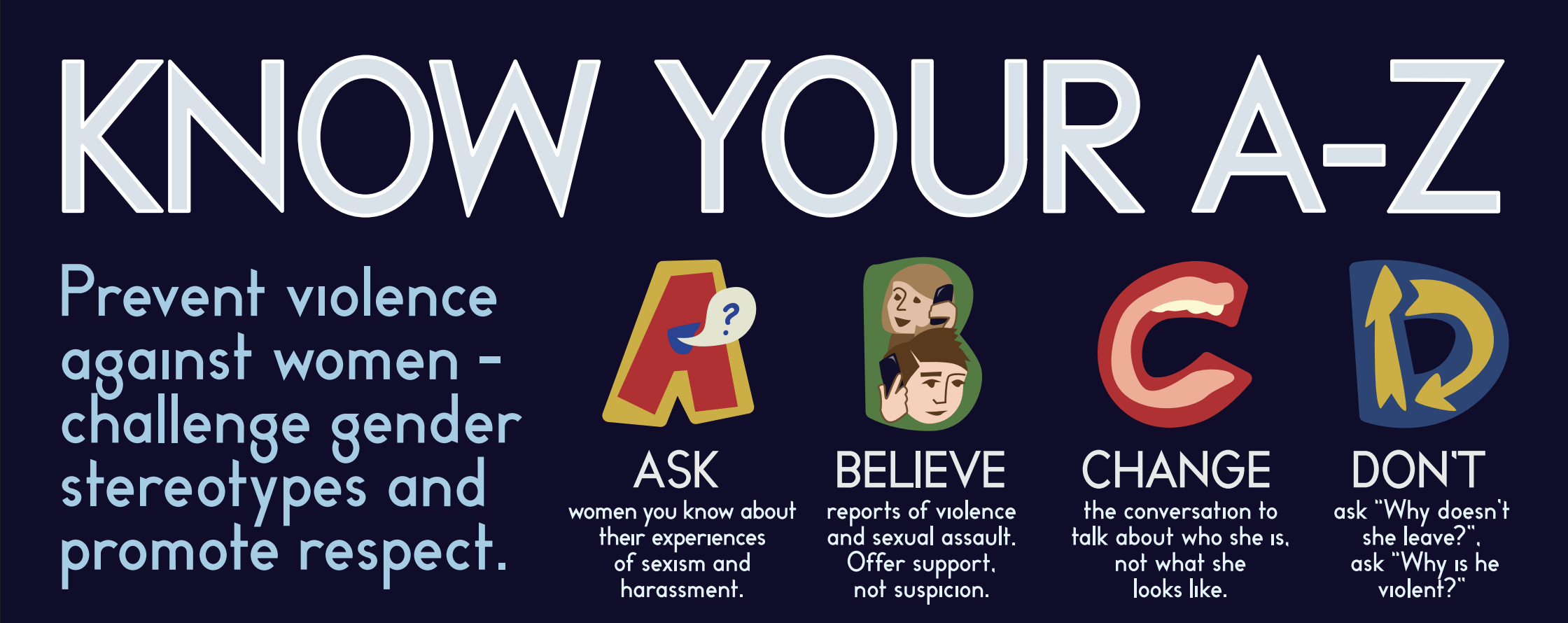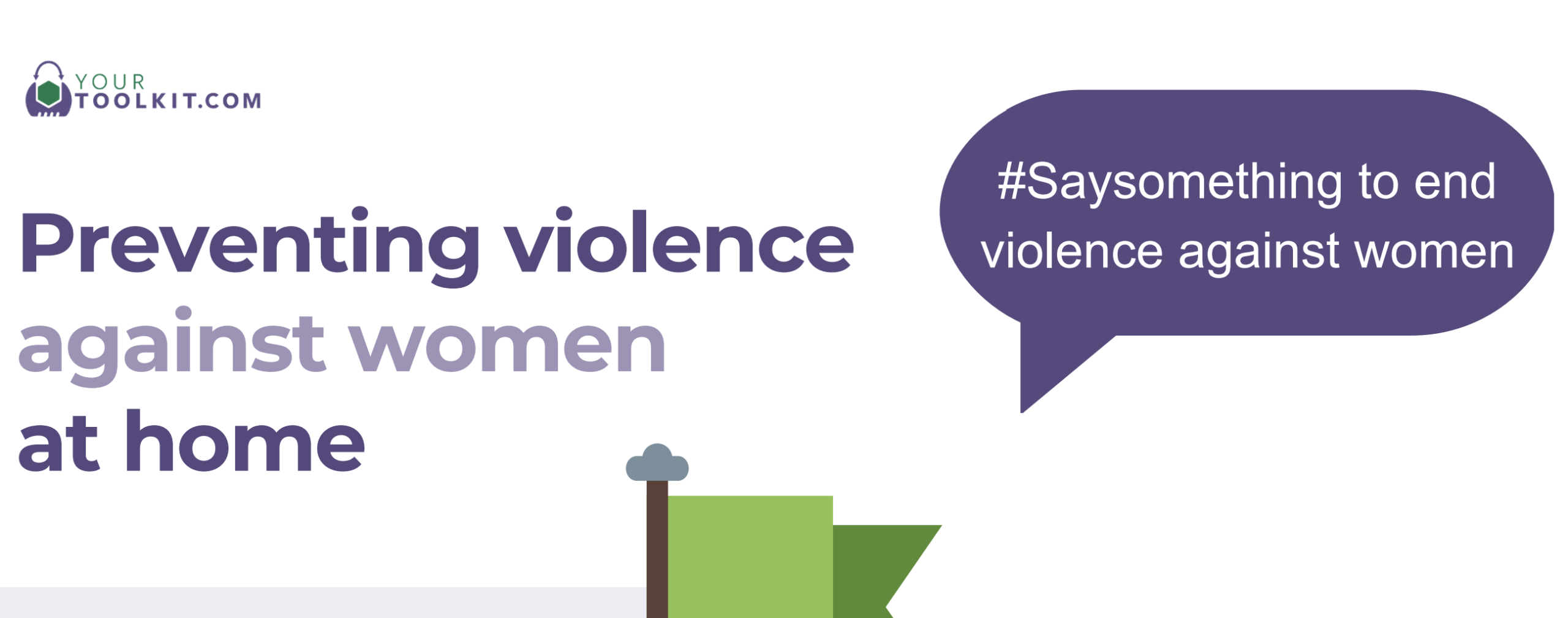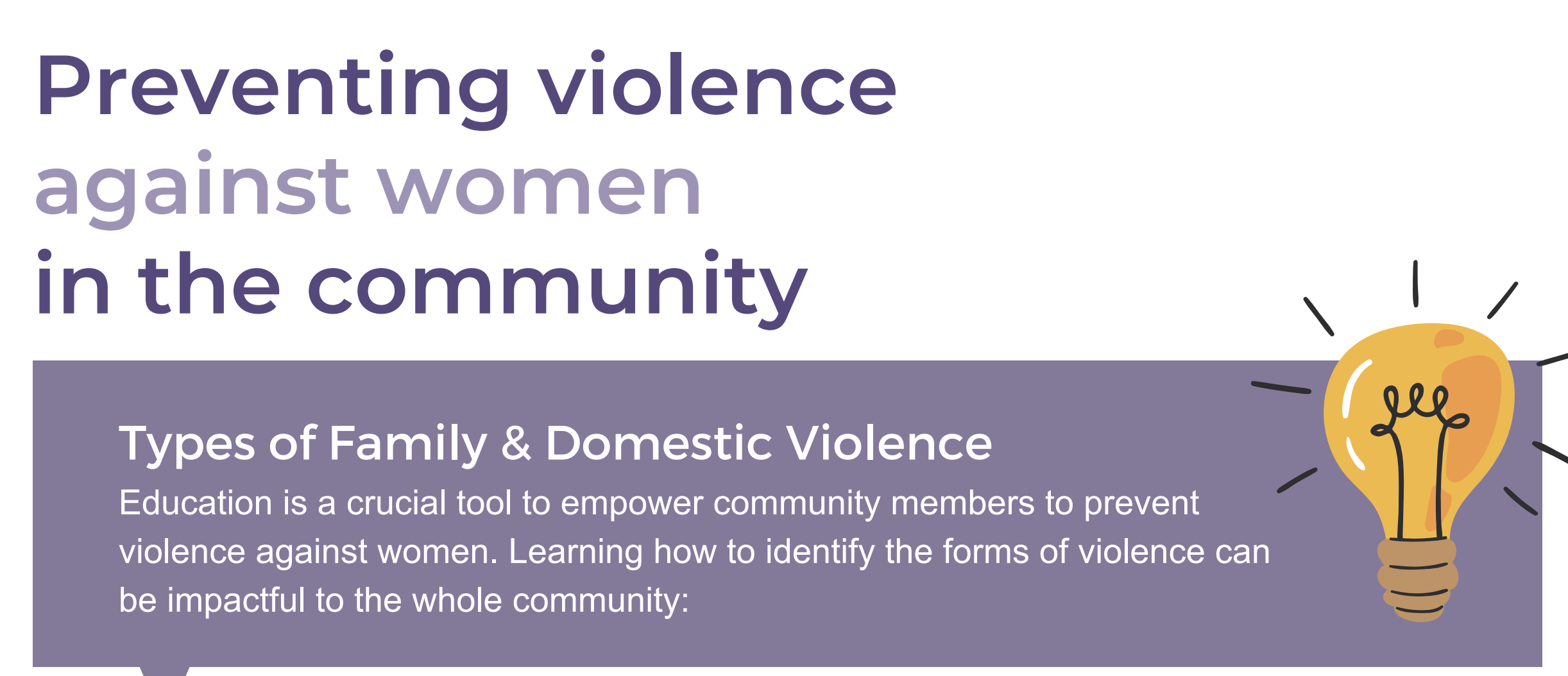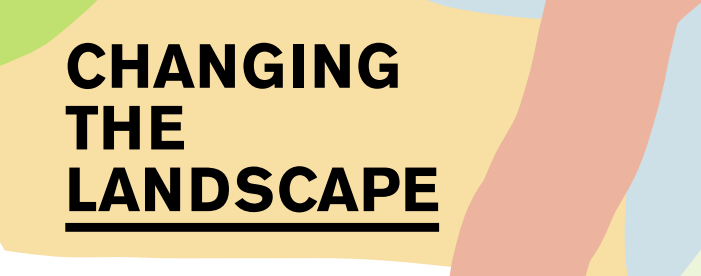
Changing the landscape is the national, evidence-based framework to guide the prevention of violence against women and girls with disabilities.
Changing the landscape complements, expands on and extends the evidence contained in Change the story. It names ableism and gender inequality as the two consistent, intersecting drivers of violence against women and girls with disabilities.
It sets out the actions that must be taken to address these drivers and stop this violence before it starts. It points to the many stakeholders that need to take action – from individuals to communities, schools and workplaces, to disability and health services, and governments. It makes clear that we all have a role to play in preventing this violence.
This resource is related to Foundations for Change Capabilities 1.1, 1.2 and 2.3.
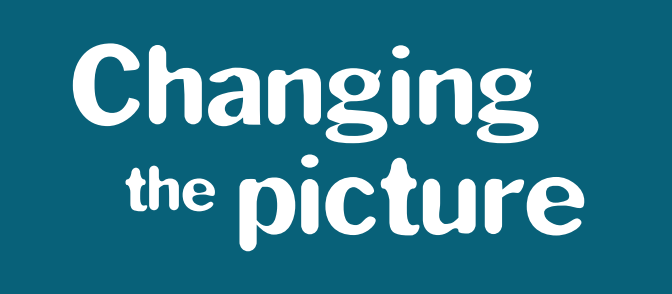
Changing the picture contains a set of clear actions that are needed to address the many drivers of violence against Aboriginal and Torres Strait Islander women.
Violence against Aboriginal and Torres Strait Islander women is not an ‘Aboriginal and Torres Strait Islander problem’. Nor should Aboriginal and Torres Strait Islander people bear sole responsibility for addressing it. This violence is an Australian problem, and it is perpetrated by men of all cultural backgrounds. Preventing it is a national responsibility.
This resources is related to Foundations for Change Capabilities 1.1, 1.2, 2.2, 2.3 and 4.3.
This is a two-sided A4 community resource explaining primary prevention of family and domestic violence in simple language.
This resource was co-designed by PVT and Yourtoolkit.com.
This resource is related to Foundations for Change Capabilities 1.1, 1.2, 1.4 and 2.1.
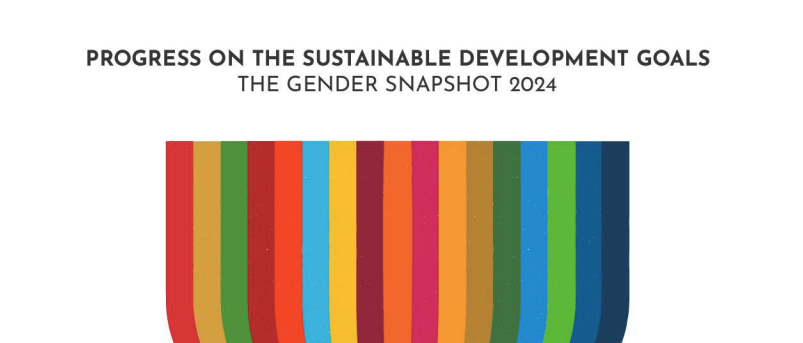
This publication is the latest edition in an annual series produced by UN Women and the United Nations Department of Economic and Social Affairs. Covering all 17 Sustainable Development Goals (SDGs), the report highlights new data and evidence on gender equality trends and gaps. It finds that the world is still falling short on its commitments to women and girls.
This resource is related to Foundations for Change Capability 7.1.
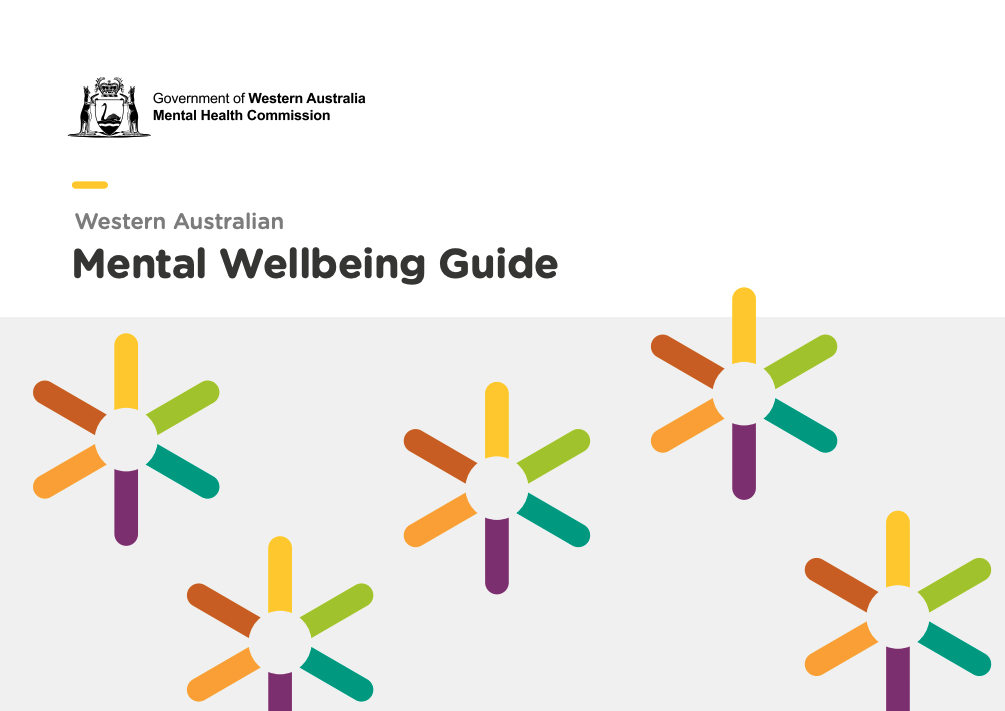
The Western Australian Mental Wellbeing Guide has been developed to update and strengthen the mental health promotion component of the Western Australian Mental Health Promotion, Mental Illness, Alcohol and Other Drug Prevention Plan 2018-2025. While best read in conjunction with the Prevention Plan, the Mental Wellbeing Guide can also be used as a standalone document that provides advice regarding evidence-based approaches to enhance mental wellbeing.
This resource is related to Foundations for Change Capability 6.1.
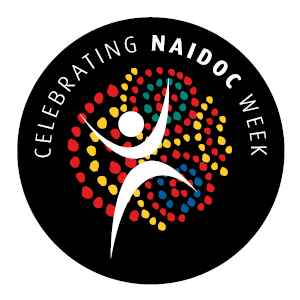
National NAIDOC Week celebrations are held across Australia in the first week of July each year (Sunday to Sunday), to celebrate and recognise the history, culture and achievements of Aboriginal and Torres Strait Islander peoples. NAIDOC Week is an opportunity for all Australians to learn about First Nations cultures and histories and participate in celebrations of the oldest, continuous living cultures on earth. You can support and get to know your local Aboriginal and/or Torres Strait Islander communities through activities and events held across the country. This is a directory to find a local NAIDOC event near you.
This resource is related to Foundations for Change Capability 4.1.
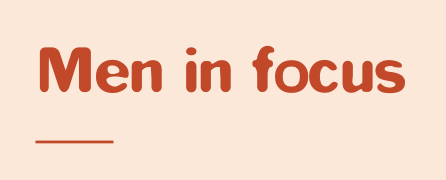
Men in focus brings together research and practice knowledge to unpack and look at how to address masculinities and work with men.
The Men in focus webpage includes a practice guide, evidence review, practitioner resources and the national consultation report.
This resource is related to Foundations for Change Capabilities 2.1 and 3.1.
